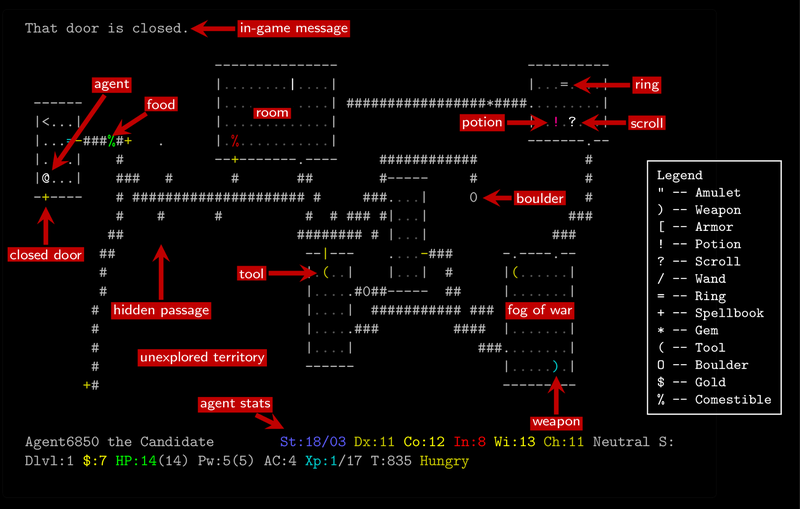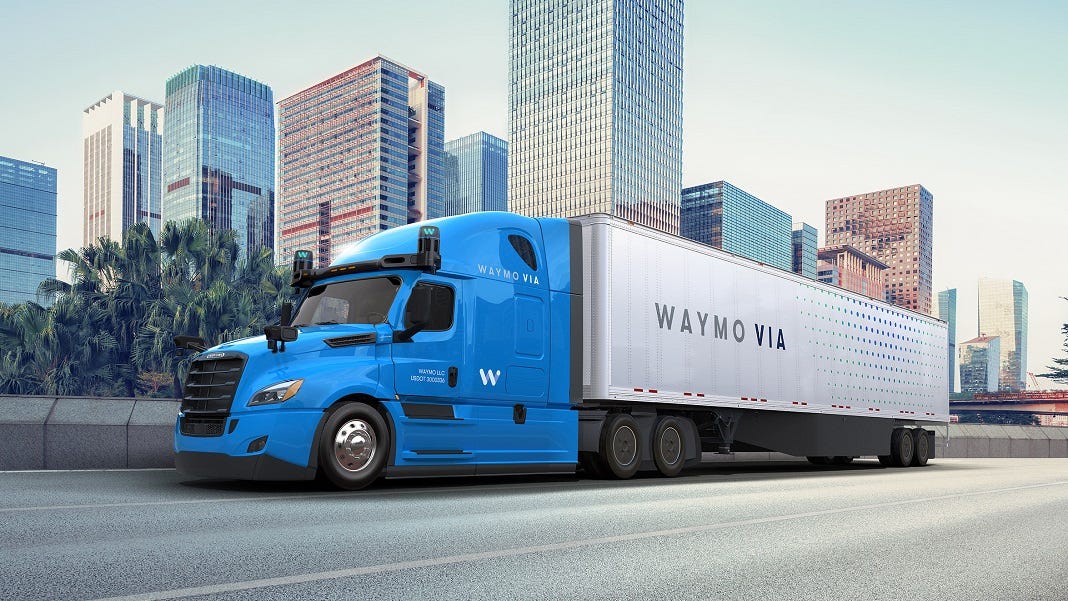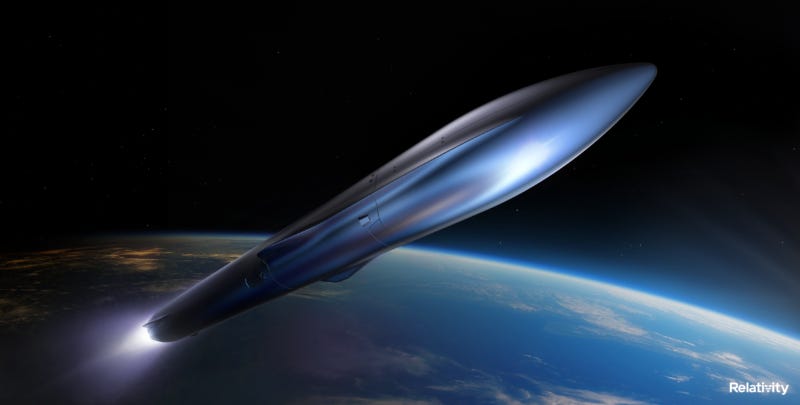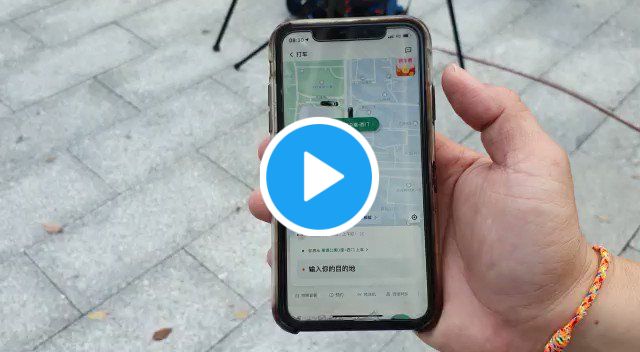Greetings!
Here’s your weekly wrap of the latest technology, innovation, and finance news.
Chips and Computing
Google has used AI to significantly improve and speed up the design of semiconductor chips (see the paper).
…Googlers Azalia Mirhoseini and Anna Goldie, and their colleagues, describe a deep reinforcement-learning system that can create floorplans in under six hours whereas it can take human engineers and their automated tools months to come up with an optimal layout.
We’re told Google has used this AI system to produce the floorplan of a next-generation TPU – its Tensor Processing Unit, which the web giant uses to accelerate the neural networks in its search engine, public cloud, AlphaGo and AlphaZero, and other projects and products.
Artificial Intelligence
Games are often used to benchmark AI. Now Facebook is using NetHack for the next grand challenge in AI research, launching the NetHack Challenge that will take place at the NeurIPS 2021 AI conference in December. (I loved that game growing up.)
“[The challenges in NetHack] range from randomized mazes to more structured challenges, like large rooms full of monsters and traps, towns and forts, and hazards such as kraken-infested waters,” Grefenstette, Rocktäschel, and Hambro said. “New ways of dealing with the ever changing observations in a stochastic and rich game world calls for the development of techniques that have a better chance of scaling to real-world settings with high degrees of variability.”

Mobility
Waabi, a Toronto-based self-driving car startup, launched out of stealth with an $83.5 million Series A raising. Backers include Kholsa Ventures, Uber, and AI luminary Geoffrey Hinton. The company claims to have a breakthrough, AI-first approach that they couple with a “revolutionary closed loop simulator that has an unprecedented level of fidelity.”
The closed-loop simulation environment is a replacement for sending real cars on real roads. In an interview with The Verge, Urtasan said that Waabi can “test the entire system” in simulation. “We can train an entire system to learn in simulation, and we can produce the simulations with an incredible level of fidelity, such that we can really correlate what happens in simulation with what is happening in the real world.”
Cruise became the first company to gain a permit to test a robotaxi service in California.
Cruise, along with six other companies including Alphabet Inc’s Waymo, Baidu Inc and Alibaba-backed AutoX, have permits from the CPUC to conduct driverless car testing in California. All except Cruise are yet not authorized to provide passenger service to the public without a safety driver behind the wheel.
Waymo self-driving trucks will soon start moving freight across Texas.
Yesterday, Waymo announced a partnership with transportation logistics company JB Hunt to move cargo in automated trucks in Texas. The first route they’ll drive is between Houston and Fort Worth, which Waymo claims is “one of the most highly utilized freight corridors in the country.”

Blockchain and Crypto
El Salvador made Bitcoin legal tender, meaning every business must accept Bitcoin as a payment option for goods or services unless they’re unable to provide the technology needed to do so. The Central American country of 6 million people uses does not have its own currency and instead uses US Dollars for money, which will remain legal tender. It’s an economy heavily reliant on money sent home from abroad, which makes up 20% of the country’s GDP.
El Salvador became the first country in the world to adopt bitcoin as legal tender after Congress on Wednesday approved President Nayib Bukele’s proposal to embrace the cryptocurrency, a move that delighted the currency’s supporters.
Bitcoin got its first upgrade in four years.
The upgrade is called Taproot, and it’s due to take effect in November. When it does, it will mean greater transaction privacy and efficiency – and crucially, it will unlock the potential for smart contracts, a key feature of its blockchain technology which eliminates middlemen from even the most complex transactions.
Finance
Chinese ride-sharing giant and Super App Didi Chuxing has filed to go public (see the F-1). It will likely be one of the biggest tech IPOs of the year
Didi was most recently valued at $62 billion following an August fundraising round, according to PitchBook data, and is backed by investment giants such as SoftBank, Alibaba and Tencent. Bloomberg reported the company could have a $100 billion valuation at the time of its IPO. Unlike Uber, Didi is still heavily invested in making self-driving robotaxis a reality, and recently got approval to test self-driving vehicles in Beijing. Uber sold its nascent self-driving technology business to start-up Aurora Innovation last December.
 Arjun Kharpal @ArjunKharpal
Arjun Kharpal @ArjunKharpalJune 11th 2021
10 Retweets35 Likes
Nuclear
Posiva, a joint venture between Finland’s two nuclear power providers, is currently building the world’s first deep geological repository for the permanent storage and isolation of spent nuclear fuel. The storage facility is set to open in 2025 and should have enough capacity to handle Finland’s nuclear waste until around 2120. This 7-minute video sums up how it works.
Used nuclear fuel will be placed in the bedrock, at a depth of about 450 metres. The disposal system consists of a tightly sealed iron-copper canister, a bentonite buffer enclosing the canister, a tunnel backfilling material made of swellable clay, the seal structures of the tunnels and premises, and the enclosing rock.
Regulation
US House Democrats introduced 5 antitrust bills aimed at Big Tech, including the Ending Platform Monopolies Act, that if passed, would make it illegal for named platform operators to own a business that uses the covered platform. For example, if Amazon was a named platform, they could no longer sell their own goods on their site (private label goods, Kindles, etc.), but Walmart and Target would be able to if they’re not named platforms. If Android is a platform, it’s unclear whether Google could still offer Google Search and Google Maps on it or not without divesting Android.
Quantum Mechanics
University of Queensland researchers have created a quantum microscope that can see the impossible (see the paper).
Professor Warwick Bowen, from UQ’s Quantum Optics Lab and the ARC Centre of Excellence for Engineered Quantum Systems (EQUS), said it was the first entanglement-based sensor with performance beyond the best possible existing technology.
“This breakthrough will spark all sorts of new technologies—from better navigation systems to better MRI machines, you name it,” Professor Bowen said.
Health
Daiichi Sankyo in Japan gained regulatory approval for Delytact, an oncolytic virus used for the treatment of malignant glioma. This is the first time a virus has been approved to treat any form of brain cancer.
All told, 92% of patients still alive at that time point after Delytact treatment. That is considerably higher than would be expected for this group of patients, who typically have a one-year survival rate of only around 15%, although the trial did not include a control group for direct comparison.
Space
Jeff Bezos will be on Blue Origin’s first flight to suborbital space, currently scheduled for July 20.
Rocket company Relativity Space raised $650 million to take on SpaceX with its goal of 3D-printing large, reusable rockets.
The new funding will accelerate development of the “Terran-R” launch vehicle, Relativity Chief Executive Tim Ellis said in an interview. This large orbital rocket will be about the same size as SpaceX’s Falcon 9 rocket. However, Ellis said, the entire vehicle will be reusable—the first and second stages, as well as the payload fairing. And it will have the capacity to lift 20 tons to low Earth orbit in reusable mode, about 20 percent more than a Falcon 9 booster that lands on a drone ship.

Other Snippets
Apple, which has never confirmed they’re building a car, has hired a former senior executive at BMW who focused on electric cars.
Activision Blizzard released its first-ever report on its Environmental, Social, and Governance (ESG) commitments (see the report).
Only 9% of large US companies plan to significantly decrease their office footprint over the next three years, down from 39% last September, according to a new report from CBRE.
Meanwhile, additional support for remote work is leading to the rise of Zoom Towns.
As remote work takes hold, rural ‘Zoom towns’ are popping up all over the US. For outdoorsy workers, the options are an embarrassment of riches.
Have a great week,
Thomas





